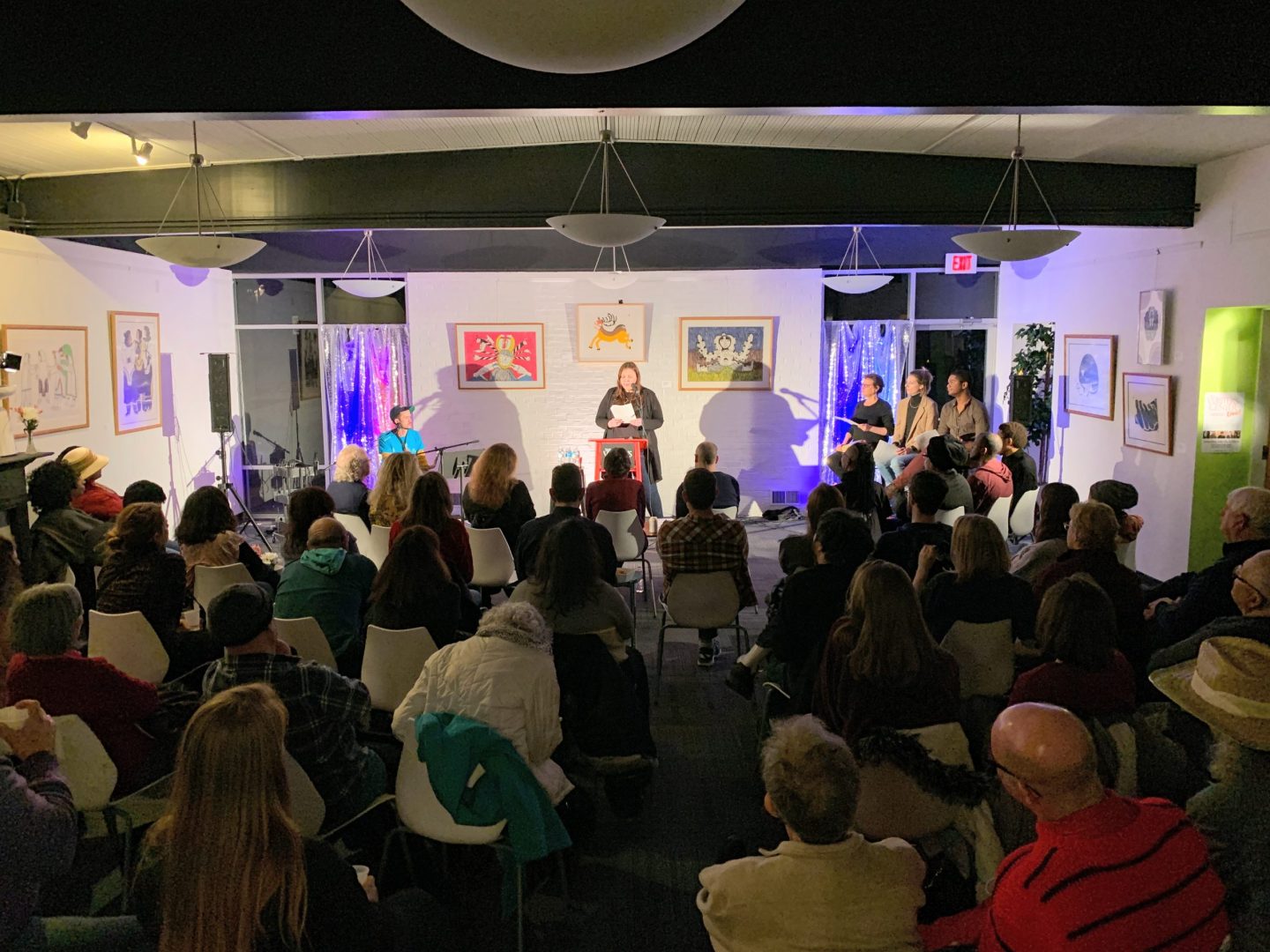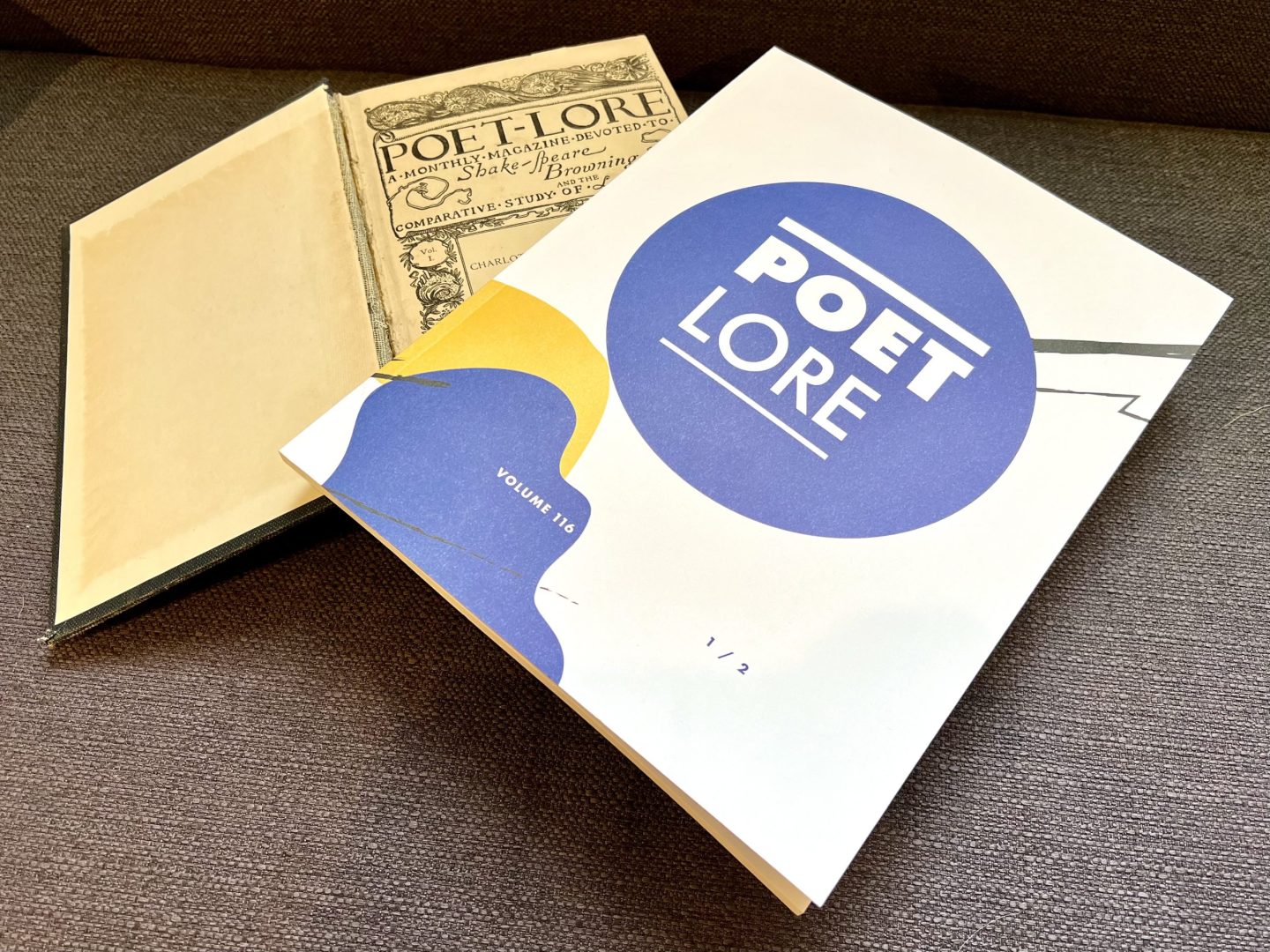We want everyone who comes to The Writer’s Center to have a great experience! To make that possible, we ask that you review The Writer’s Center’s Code of Conduct before participating in our programming, which applies to all participants, instructors, staff, and volunteers of The Writer’s Center.
The Writer’s Center Code of Conduct
The Writer’s Center commits to actively embracing a welcoming environment for all program participants, instructors, staff members, and volunteers regardless of race, ethnicity, age, religion, gender, gender expression, transgender status, sexual orientation, disability, appearance, class, culture, and other human differences. We expect participants, instructors, staff, and volunteers to treat each other with respect in all interactions and to conduct themselves in manners conducive to learning and creativity.
The Writer’s Center’s priority is to promote inclusivity, including preventing or halting harm that targets any aspect of our human differences. When assessing potential and actual harm, The Writer’s Center considers both an action’s impact on others and the intent of the person who dispatched the action. It is important to note that a person can cause harm even if that was not their intent.
Code of Conduct
The Writer’s Center does not tolerate discrimination or harassment in any form. Discrimination and harassment could include offensive comments, writing, or actions. Harassment also includes written or verbal comments, images, or other communications that harmfully reinforce structures of oppression, such as deliberate intimidation, sustained disruption of the class or other events, inappropriate physical contact, or unwelcome sexual attention.
Discrimination and harassment do not include respectful disagreement or critique. Reading and creative writing, by their nature, can include exposure to controversial, challenging, and sometimes offensive language. However, TWC does not tolerate works that promote racism, bigotry, misogyny, homophobia, transphobia, xenophobia, ableism, bigotry against any or no religion.
Violations of the Code of Conduct
Reports of any violation of the Code of Conduct can be made by email (concerns@writer.org), by phone to the Executive Director at 301.542.8664, or via this form. If the Executive Director is unavailable or is a party to the complaint, contact any staff member (emails available here), and they will forward the complaint to the Board of Directors. All reports will be promptly reviewed and resolved with the intent of resolution in an appropriate and timely manner. Parties to the reports should treat the process with discretion.
All incident reports will be investigated and handled as confidentially as possible. When the Executive Director or Writer’s Center Board receives a report or complaint of harassment or discrimination, she/they will take the following steps:
- Interview people involved and any forthcoming witnesses.
- Evaluate all information gathered.
- If the Writer’s Center finds that someone has violated the Code of Conduct, the Executive Director or Board Member will discuss the impact of the harmful action, regardless of intent, with the actor. The Executive Director or Writer’s Center Board will attempt to remedy the situation to the satisfaction of all parties.
- Implement any additional appropriate response, which may include warnings, reprimands, removal from a workshop without refund or pay, banning the person from The Writer’s Center activities including participating in future Writer’s Center programs or events.
TWC will maintain a confidential record of the complaint and its resolution.
These protocols are not necessarily exhaustive. Situations that exceed this scope will be addressed on a case-by-case basis.
Distribution and Further Reading
For further information about equity and inclusivity in creative writing, The Writer’s Center recommends Craft In the Real World: Rethinking Fiction Writing and Workshopping by Matthew Salesses, Racial Equity Tools, Loyalty Bookstore’s Anti-Racist Reading List, or The Arts and Humanities Council of Montgomery County’s extensive resource page.





